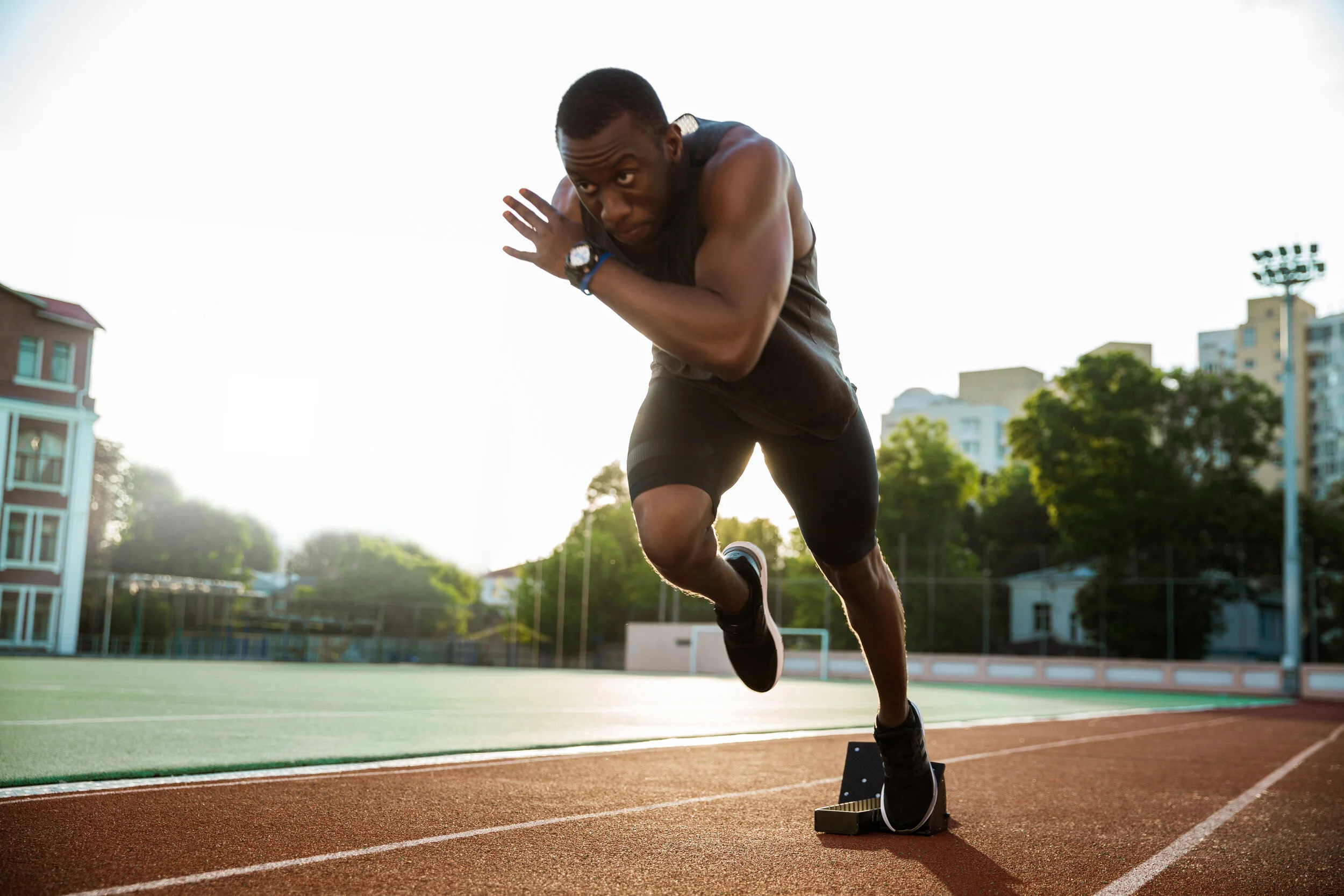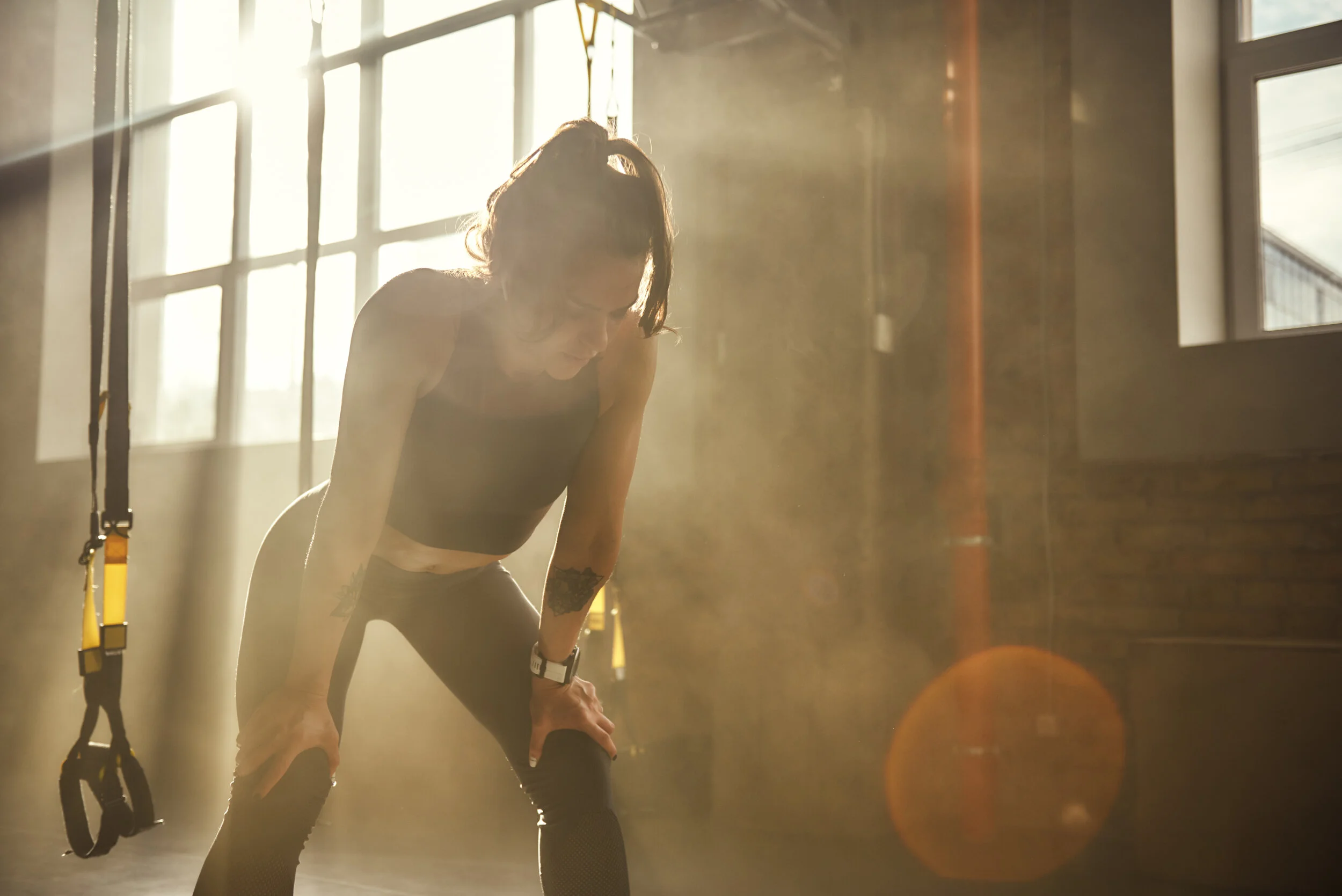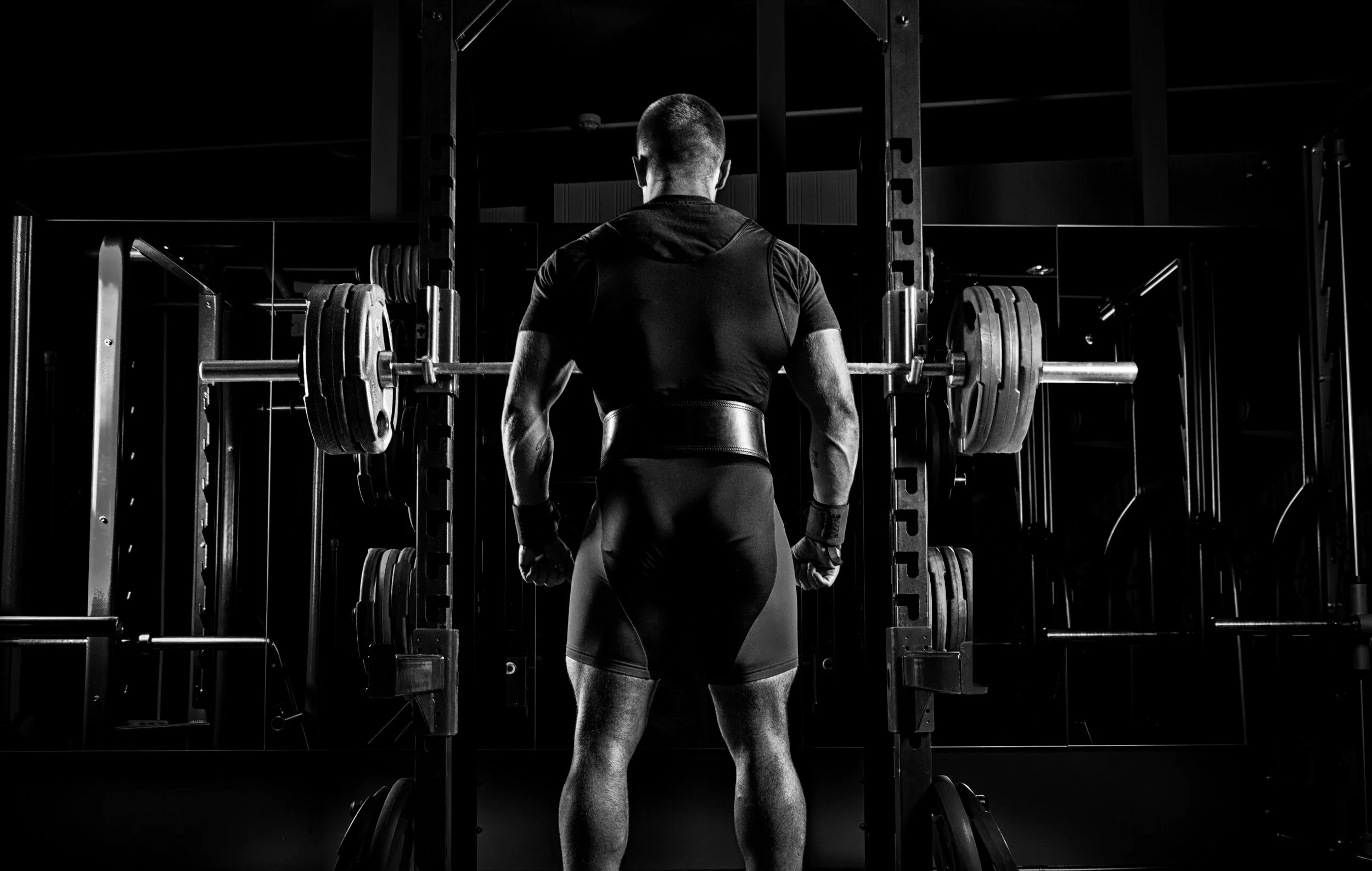What you need to know about sports mental health sessions
Sports mental health professionals work with athletes who are actively competing, recovering from injury, &/or are transiting to their post athletic careers. According to Athletes for Hope, “Among professional athletes, data shows that up to 35% of elite athletes suffer from a mental health crisis which may manifest as stress, eating disorders, burnout, or depression and anxiety.” You might want to work with a sports mental health professional if you are rehabilitating after an injury, dealing with anxiety, or trying to improve your mental health as you enhance your athletic performance in a competitive environment. Like Fred Rogers always said, “All of us, at some time or other, need help”. The sessions are low pressure and framed around the athletes needs and comfort levels. The sessions are focused on the athletes specific performance goals and use of cognitive restructuring techniques to instill focus and mental intensity that allows athletes to enhance their performance levels.
Athletes Who;
Are preparing or actively in a competition.
Endured an injury.
Post career transitions.
What do the sessions cover?
Psychosocial focused counseling related to athletic performance and experiences.
Personalized action plans that set mental health goals.
Personalized mental strategies that will focus on how best to cope and overcome setbacks, mental roadblocks, and/or injuries.
Explore visualization techniques.
Learn how to manage on and off-field pressure and anxiety.
Where are the sessions taking place?
Telehealth Therapy: HIPPA approved digital platform with and without video options.
Walk & Talk Therapy: Meet at a local park or trailhead.
Train & Talk Therapy: Meet at your home gym, local gym, or recreation center.
Home-based Therapy: Face-to-face home-based session that complies with current COVID-19 protocols.
Modern Coaching Practices and Mental Health
When we asked professional accredited coaches as well as athletics themselves how mental health plays a part of their coaching practices they had the following to say;
“Yes, many lifestyle clients often require monthly discussions over the topic of mental health. They are usually brief but we talk about practicing positive self talk and managing stress.”
“Yes! Always! With every single client that walks into the gym we start out with writing down their goals: two physical and one emotional. We always tie our “why” for fitness back to their emotional state. Honestly there are some days when a client comes in for personal training and we just end up sitting down and talking through what is going on in their lives. The first time this happens the client usually says “I’m sorry to tell you all of this” and I always pause and tell them “No, this is just just as important as your physical health”.
”
“Yes, with clients I always promote spending time on mental health through mindfulness practices such as meditation and yoga.”
When asked if they thought mental health is important for an athlete's performance they had this to say;
“Yes, for an athlete to be able to work at their highest physical capacity during competition and practice they must have a proper mindset and positive outlook.”
“I have seen direct correlations between personal records in the gym and emotional breakthroughs on a daily basis.”
When asked if they would work with sports mental health professionals for their next competition they had this to say;
“Possibly, it’s easy to want to close people off in order to focus during contest prep.”
“Yes, when carbs are low and cortisol is high, I think I would definitely benefit from a mental health professional to assist in staying focused and not giving up.”
Mental health is as important as your physical health. Invest in yourself so you can perform at your best and meet and/or exceed your personal goals. With assistance from a sports mental health professional, you can manage the pressures and anxiety of the competitive environment.


